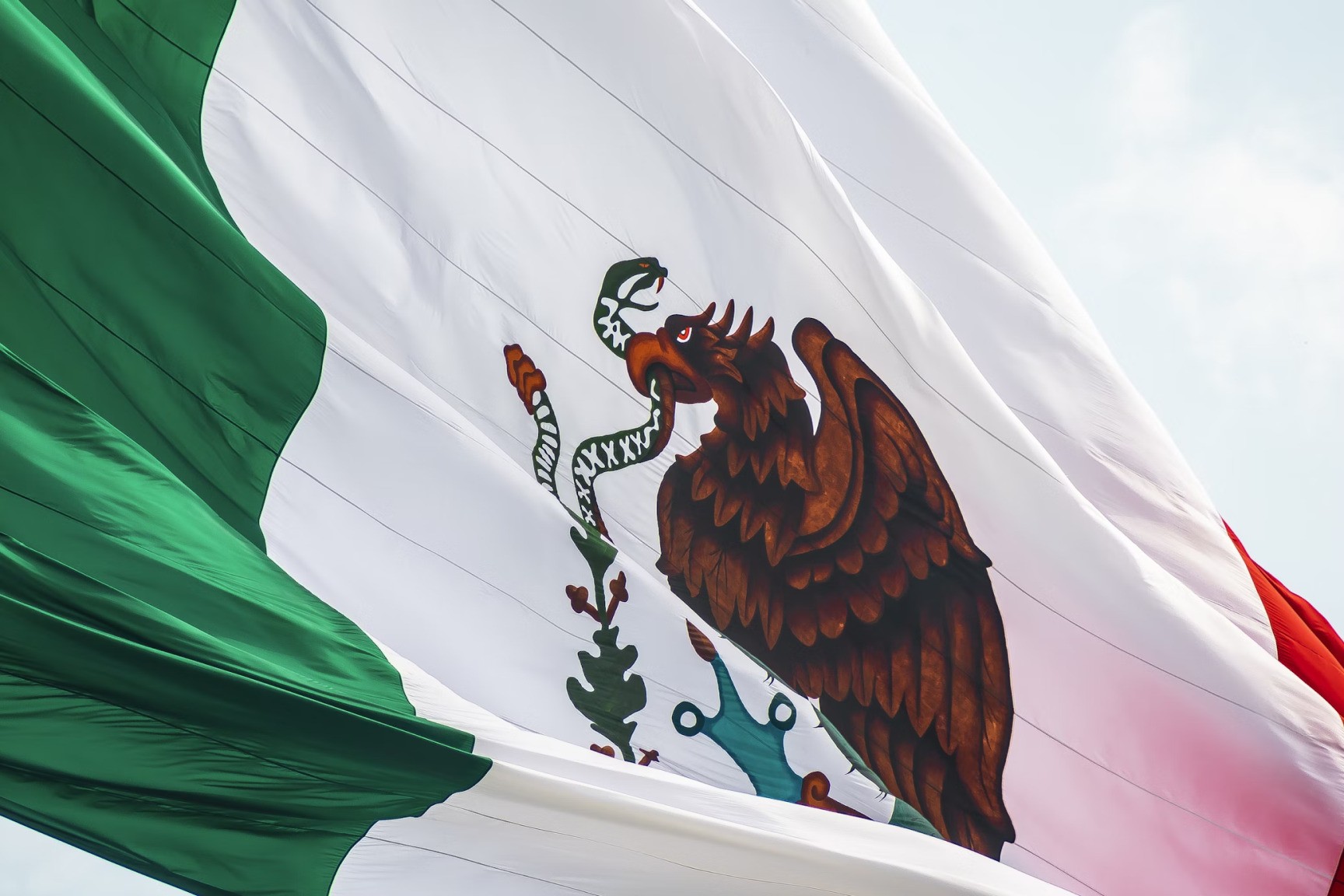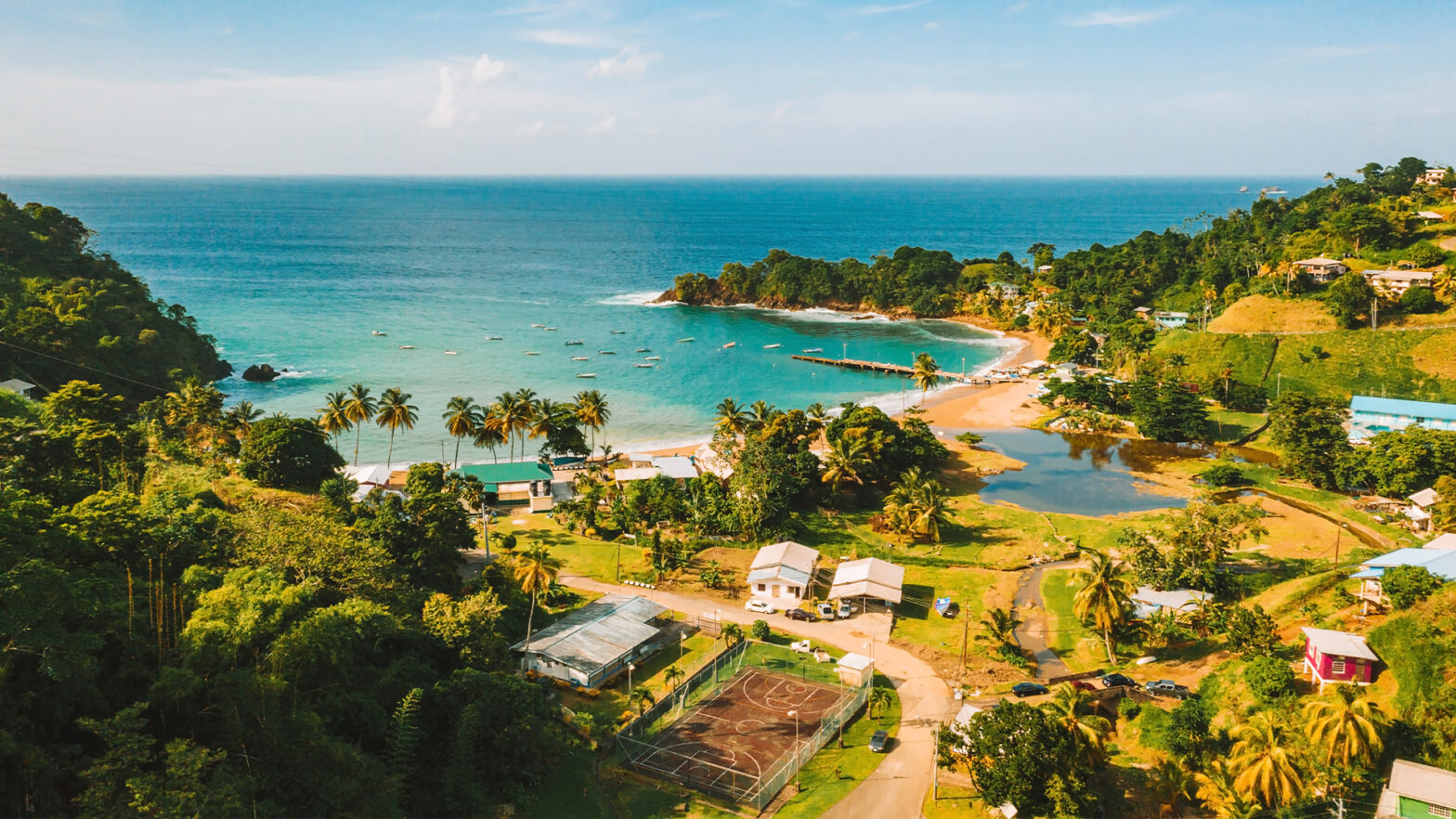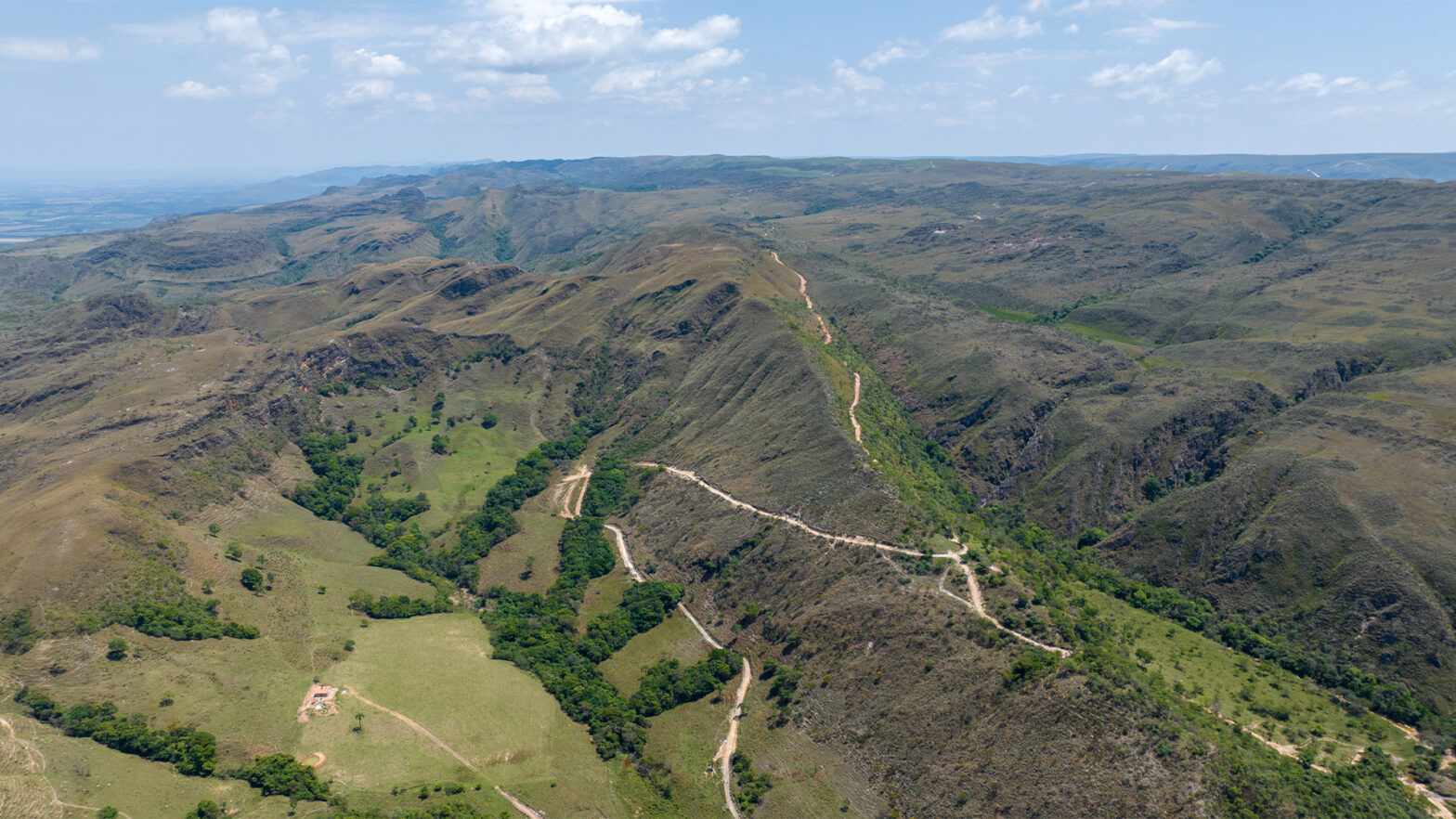
The Rural Federal University of Rio de Janeiro(UFRRJ) is working on a project to adapt traditional textbooks for schoolchildren with blindness, deafness, intellectual disabilities and autism based on an initiative conducted by the United Nations Children’s Fund (UNICEF) and NGO Movimento Down, created in 2014. A digital book is being developed by researchers at the UFRRJ’s Special and Inclusive Education Observatory (ObEE).
The university has an interdisciplinary team with education and technology researchers from a range of academic institutions across the state, including the Rio de Janeiro State University (UERJ), Colégio Pedro II, and the Pontifical Catholic University of Rio de Janeiro (PUC-Rio).
The Observatory is training 200 teachers who work in special education in eight municipalities in the Baixada Fluminense region of Rio’s metropolitan area. Some teachers will be chosen for classes attended by children with blindness, deafness, autism, and intellectual disabilities. “We need to go to schools and put them to use in real-life classroom situations to validate our project,” said Márcia Pletsch, who coordinates the ObEE’s research group.
According to her, this is a groundbreaking project that, if validated, could be replicated anywhere in the world, with support from the United Nations.















